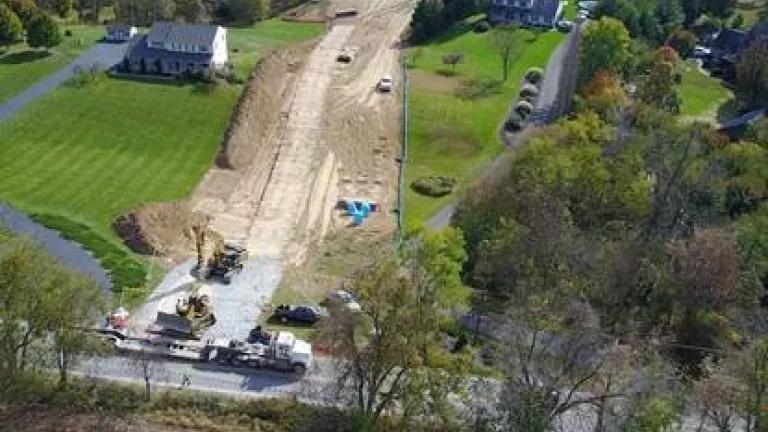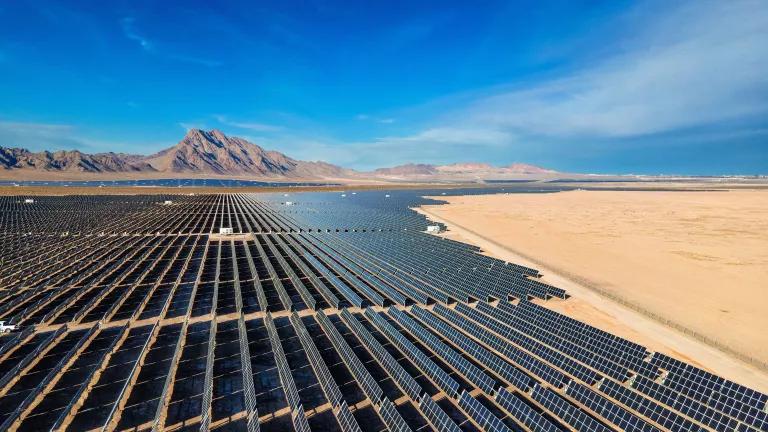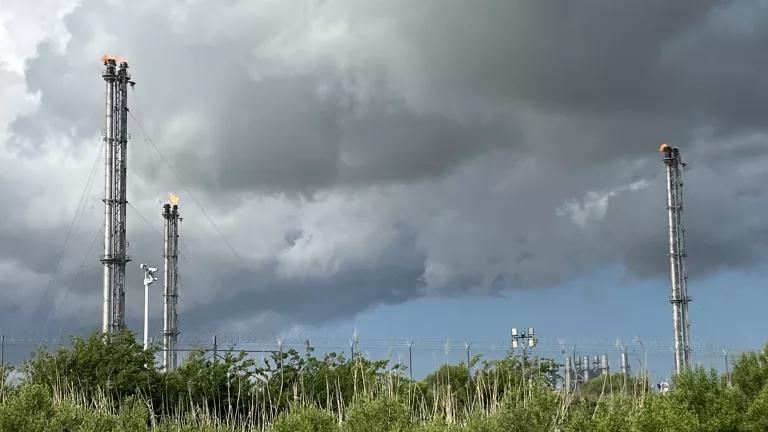
Pipeline Near Homes
“They all tell us this is code red,” President Biden recently stated. “The nation and the world are in peril. And that’s not hyperbole. That is a fact.”
He’s right.
And, in some ways, the U.S. is responding proportionately to the challenge ahead for the planet and all living beings.
One of the most important actions the Biden administration has taken to date is adopting strong new policies to significantly limit international funding of fossil fuel energy projects in other countries. The U.S. now opposes any funding for new coal, oil, or upstream gas projects by multilateral development banks (such as the World Bank Group and InterAmerican Development Bank). And the U.S. will only support funding for midstream (such as pipelines) or downstream (such as power plant) gas projects in the poorest or most vulnerable nations, and only where there has been a credible alternatives analysis, there is no economically and technically feasible clean energy alternative, the project has a significant positive impact on energy security or access, and the project is aligned with and supports the goals of the Paris Agreement.
This is a significant step toward reducing global climate emissions. My colleague Jake Schmidt explains the details in a recent blog post.
Yet oil and gas production, pipelines, and exports continue in the U.S., and the administration has yet to propose, much less adopt similar policies in our own country. For example, the Biden administration is allowing destructive oil and gas pipeline construction to continue, and has no policies in place to restrict domestic fracking.
The real world implications of inaction are that oil and gas production in the U.S. and oil and gas exports from the U.S. are all expanding—not declining in the way that is essential to meet climate goals.
It’s ironic or worse that the Biden administration has yet to apply their proposed criteria for foreign fossil fuel pipeline projects to our own. When it comes to pipelines, several are moving ahead that:
- haven’t been subject to credible alternatives analyses that consider whether there are economically and technically feasible clean energy alternatives.
- are not needed for energy security or access—even oil and gas executives have publicly stated without regret that both oil and gas pipelines are overbuilt in this country.
- are inconsistent with the goals of the Paris Agreement.
- are inconsistent with tribal sovereignty and treaty rights.
One of the first things President Biden did after he was sworn in was revoke the permit for the Keystone XL pipeline. He said it would not serve the U.S. national interest and “would undermine U.S. climate leadership by undercutting the credibility and influence of the United States in urging other countries to take ambitious climate action.” Yet other pipeline projects continue to move forward.
Instead, the Biden administration should reverse Trump administration rubber-stamped permits, stop fossil fuel pipelines and export projects—such as the Mountain Valley, Dakota Access, Line 3, and Mariner East 2 pipelines, and reform the entrenched practices of the Army Corps of Engineers that allow these projects to proceed. Renewable energy development can create up to millions of net new jobs per year; the U.S. can exhibit strong climate leadership by building a clean energy economy, not new pipelines.




